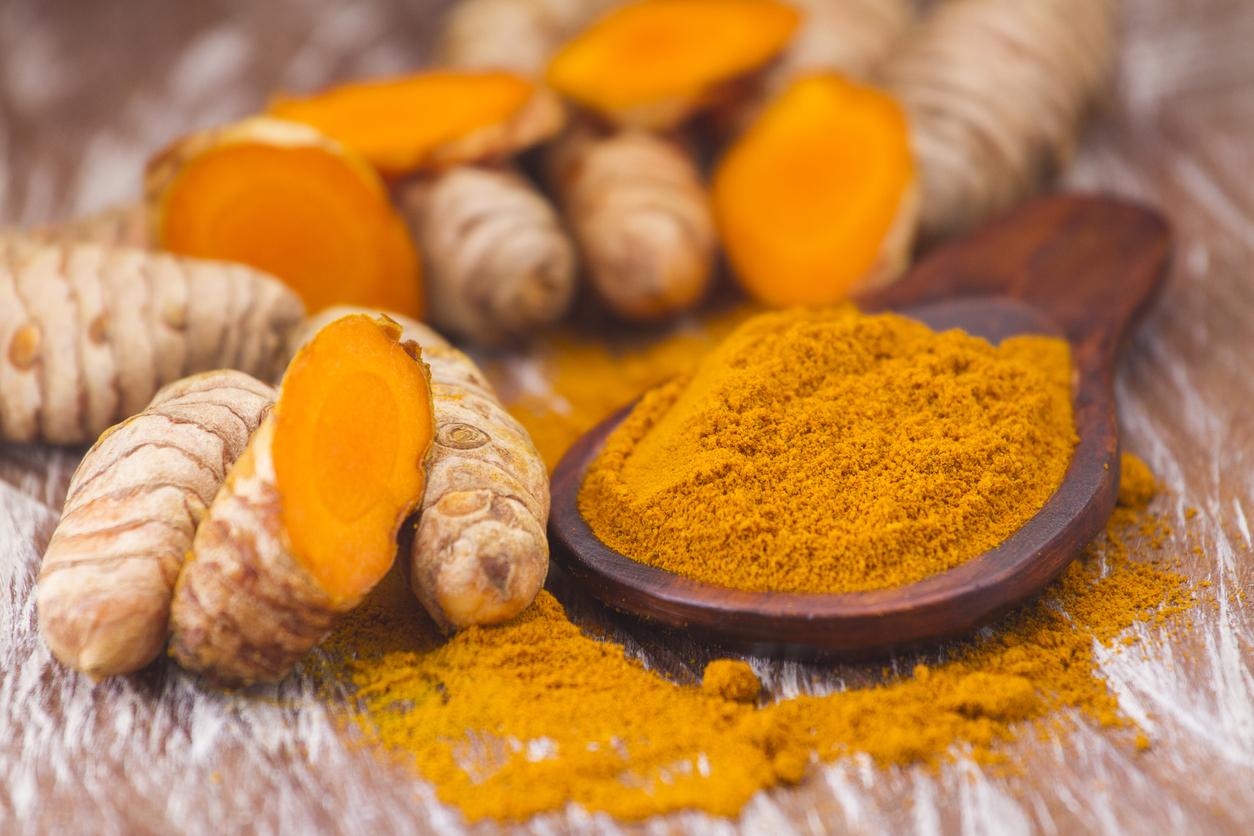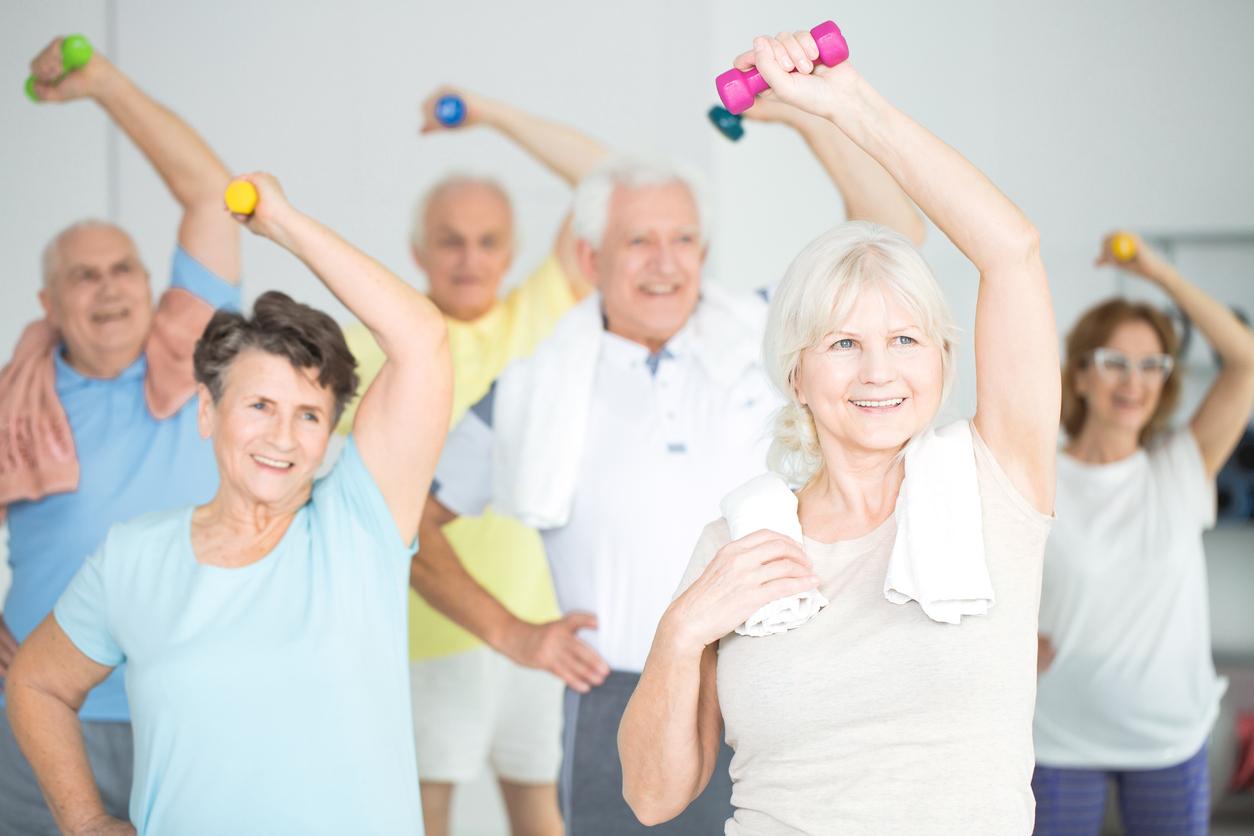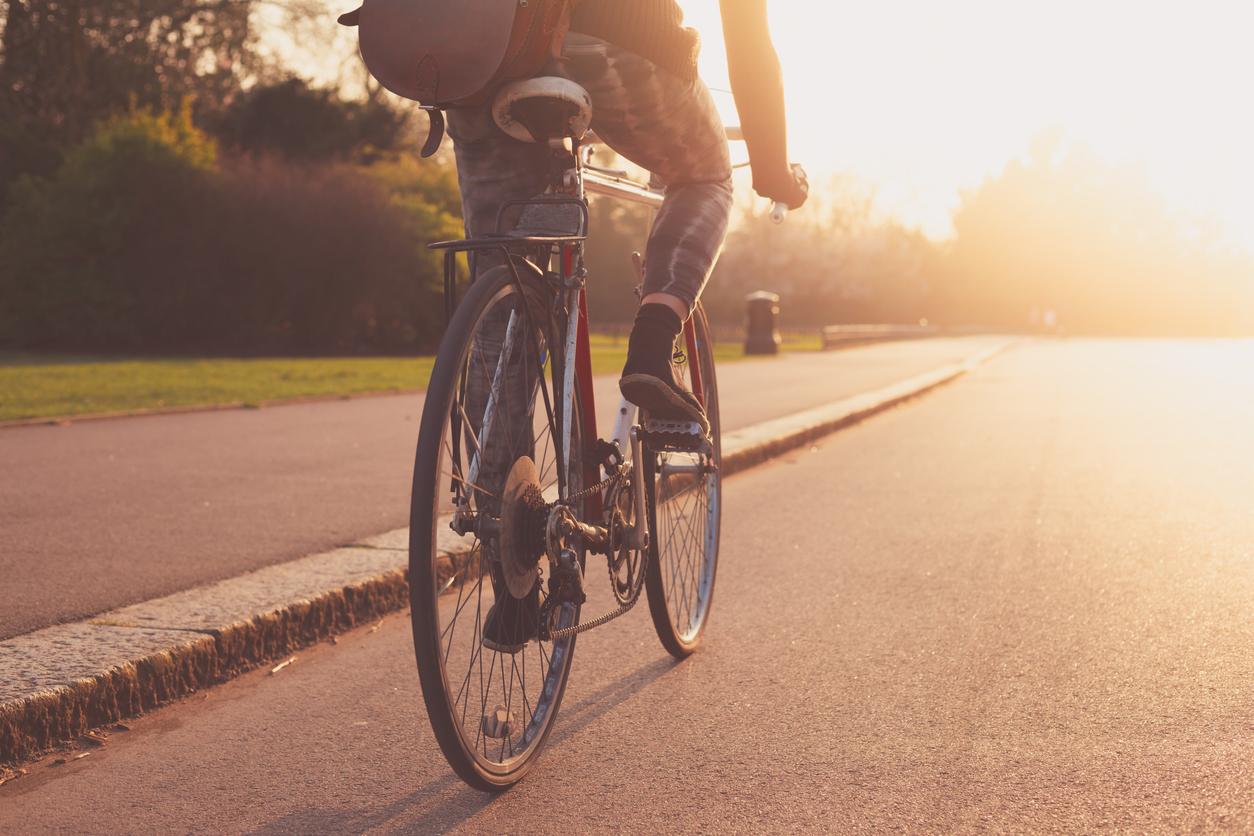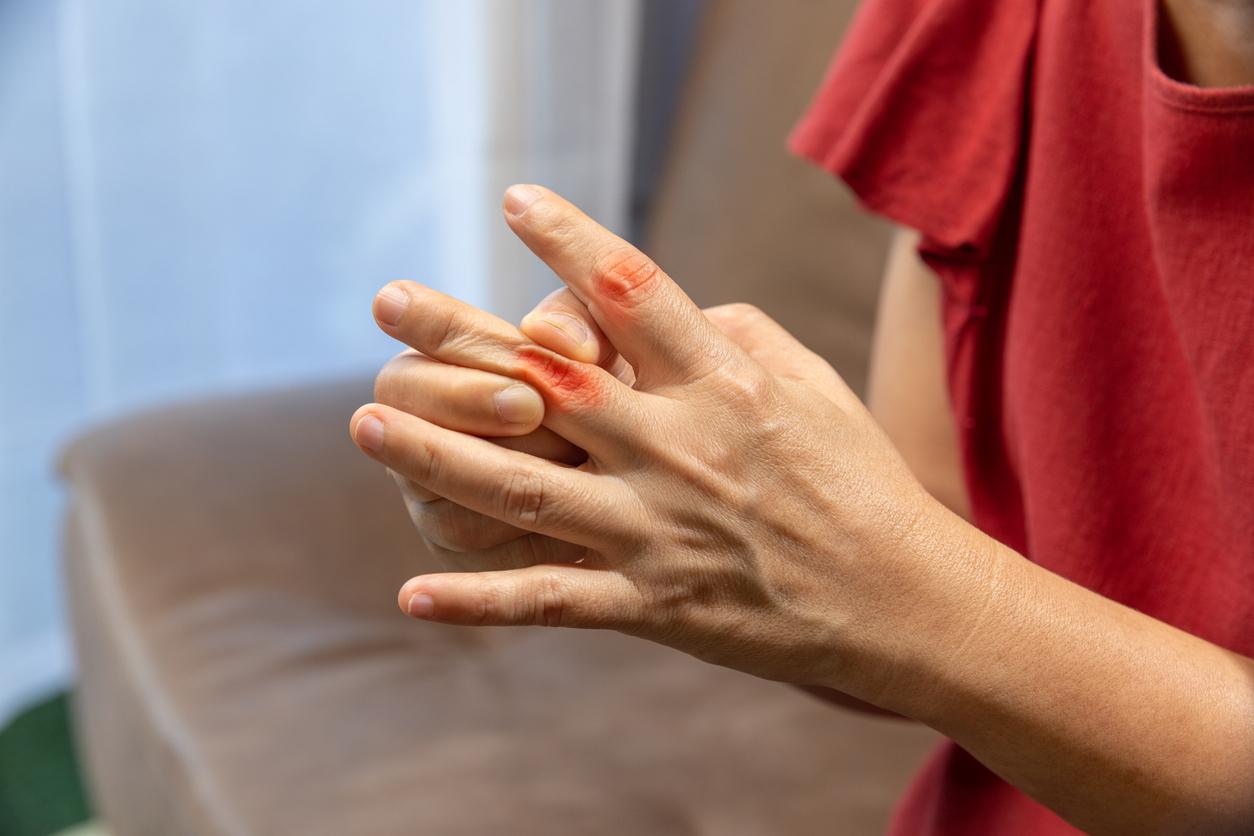Turmeric consumption may reduce muscle damage and inflammation of the musculoskeletal system caused by strenuous exercise, a study suggests.

- Turmeric, used for centuries in cooking and traditional medicine, could be an ally for athletes. A study reveals that its active component, curcumin, helps reduce muscle damage, inflammation and pain after strenuous exercise.
- A daily dose of 1 to 4 grams of curcumin promotes recovery and improves antioxidant capacity, especially after traumatic exercises.
- However, its absorption depends on its formulation and individual factors.
Used for millennia as a spice and food coloring, turmeric, a member of the ginger family, is a key ingredient in Asian cuisine, particularly in curry. But beyond its culinary uses, turmeric and its active component, curcumin, occupy an important place in traditional Asian medicine for its anti-inflammatory and antioxidant properties.
According to a team of researchers from the Universitat Oberta de Catalunya (UOC), this spice could notably reduce muscle damage and inflammation of the musculoskeletal system caused by intense physical exercise. Their work was published in the Journal of the International Society of Sports Nutrition.
Multiple benefits for muscles
To arrive at this finding, scientists examined the effects of curcumin on exercise-related muscle damage, such as micro-lesions of muscle fibers, pain and loss of strength. The results show that curcumin helps reduce local and systemic inflammation, as well as oxidative damage caused by free radicals produced during physical exercise. It also improves the subjective perception of pain and the mobility of the affected muscles.
“Curcumin consumption before and after exercise is associated with better muscle recovery, reduced soreness and improved antioxidant capacity”summarizes Daniel Vasile Popescu-Radu, lead author of the study, in a press release. According to experts, a daily dose of 1 to 4 grams of curcumin is enough to benefit from these effects, especially after eccentric exercise (when the muscle is relaxed), known to be the most traumatic for the muscles.
The need for further research
“Turmeric could improve the well-being of people practicing regular physical activity, reduce inflammatory markers and strengthen antioxidant capacity”assures Popescu-Radu, who recognizes that further studies, with larger samples, are necessary to better understand the factors influencing its effectiveness.
Indeed, despite its demonstrated benefits, the absorption and bioavailability of curcumin depend on its formulation and the presence of other substances, such as piperine. The researchers also point out that the variability of the participants’ profiles makes it difficult to generalize the results, particularly for women or in specific situations such as perimenopause and menopause.

















